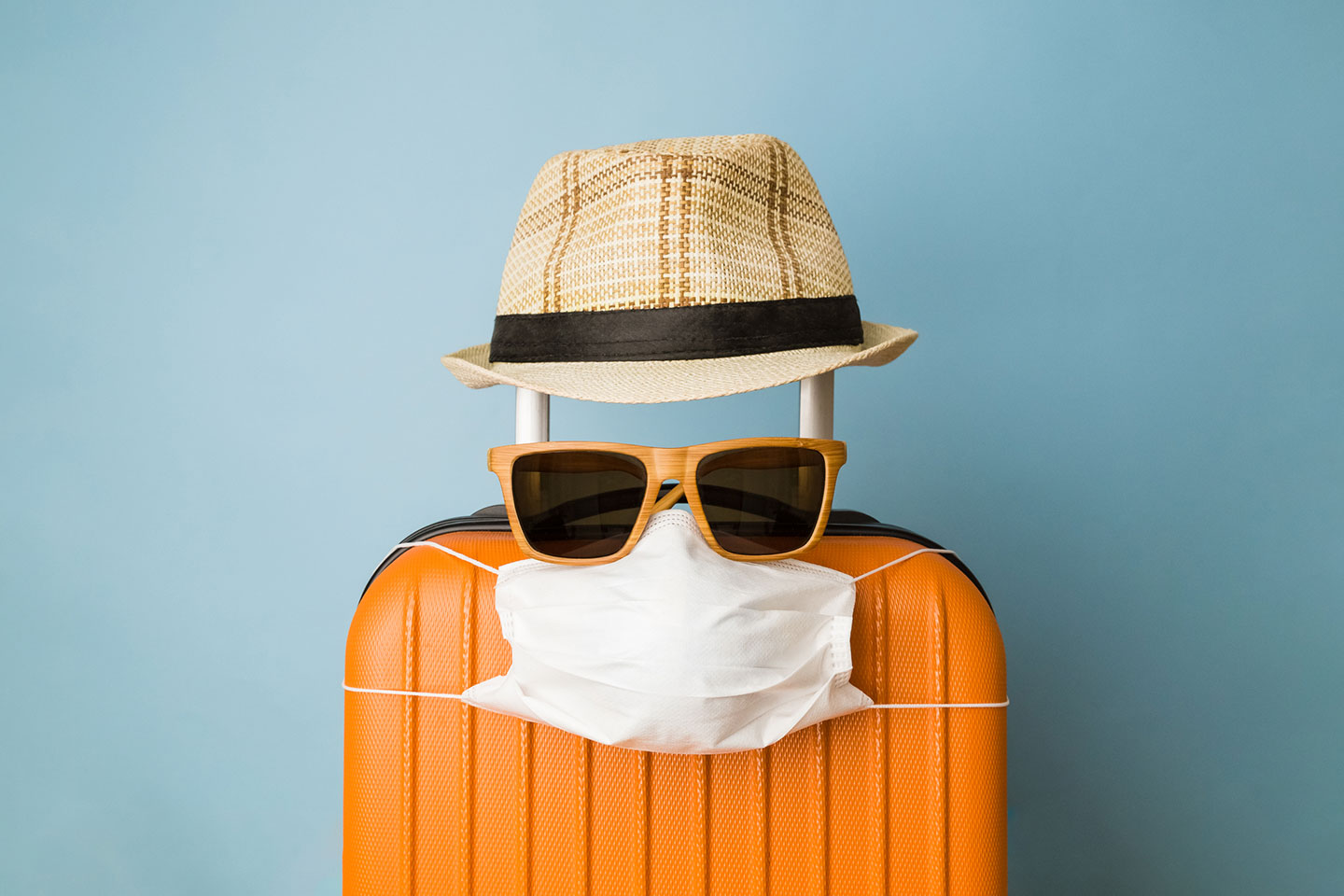COVID-19 is going to cost world tourism at last US$22 billion. This is because Chinese travellers, the world’s largest spender when it comes to tourism, have essentially closed their pocketbooks. As the outbreak continues to evolve and more cases emerge internationally, there is no doubt that the international hotel sector is going to take a hit. We are already seeing the impact – occupancies are down, mass gatherings either cancelled or postponed, and tourist arrivals have dropped.
I recently embarked on an international study to find out how COVID-19 is affecting hotels and what they are doing to cope with the current coronavirus situation. While data collection is still ongoing, some key insights have emerged. As of 6 March 2020, there are over 450 respondents from the hotel industry. About 43 percent of these respondents are from Asia; 30% from the Americas, 16% from Europe and 11 are from Middle East and Africa.
Feeling the pinch
The impact of COVID-19 was felt as early as January, just a month after the virus emerged, with almost two thirds of respondents noticing a drop in business mid-January. Occupancy has fallen by more than 30 percent about a third of those surveyed, and various tactics are being adopted to counter this, including developing targeted promotions, lowering rates and offering value-added packages.
Learning from history
As the industry struggles to find new ways to recover, I looked back on a study I did in 2010 on tactics for surviving an economic downturn. Over 900 respondents from around the world participated in that study and provided some very insightful comments. From there, several lessons emerged.
1. Be prepared
As one respondent stated, “It is never too early to be prepared. You should always have a contingency plan that you can implement within minutes.” When you develop your plan, focus on the long-term and consider the impact the plan will have on customer satisfaction, employee satisfaction and the long-term image of your brand. If you lose sight of the long-term, you may end up compromising customer and employee satisfaction and hurting profitability and viability.
2. Do not panic
Respondents talked about the need to stay calm and look for solutions. One respondent said it quite succinctly, “Do not panic. Do not compare downturn periods with previous good periods. Think more in terms of long-term decisions.”
3. Be wary of broad scale discounting
Time and again, businesses discussed how it would take years to recover from the discounting that they engaged in during an economic downturn. If you must discount, do so in an intelligent way and consider creative packaging that add value to the consumer without costing the hotel too much. Think about what customers want. Also, focus in on packages that are unique—anyone can offer an extra night for free, so try to develop packages that are exclusive to your hotel.
4. Do not cut your marketing budget
Respondents discussed the need to keep current guests and to develop packages and promotions that attract both current and potential guests. This is only possible if the marketing budget is maintained. As one respondent suggested, “When the bad times hit again, save the marketing dollars on new initiatives and focus the spending on the existing customer base.”
5. Consider marketing approaches
It is important to explore smaller, less price-sensitive market segments. Another popular and effective tactic is to develop other new revenue streams within the hotel, such as food and beverage or spa. One respondent summarised this nicely, “We just have to diversify our business rather than relying too heavily on a particular business and geographic segment. At the same time, more emphasis has to be put on how to optimise revenue conversion from all revenue streams be it major or minor, which will ultimately help to improve bottom line.”
5. Maintain service levels
If you need to cut costs, do so in areas of the hotel that have the least impact on customer service and the hotel image. As one respondent said, “Don’t reduce standards but add value; guests are very sensitive to changes. The bad times are not forever and it could take a longer time to recover if you cut corners to save a buck!” If customer satisfaction and service quality are negatively affected, it will be more difficult to both maintain your current guests and attract new guests after the recession is over.
Stronger together
While it is disheartening to see businesses struggling, it is also important to remember that difficult times is a driver of innovation. COVID-19 is intimidating to be sure, but hoteliers can emerge more resilient and with more lessons to apply to the future.





